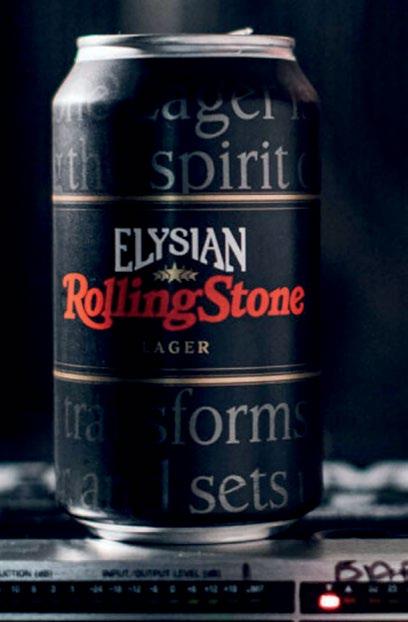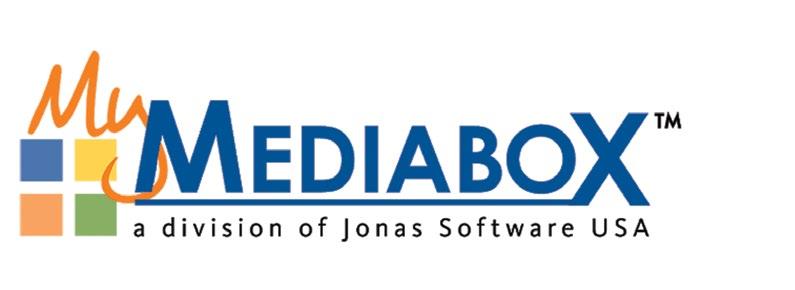TRAVEL BRANDS
Using Intangible Assets and Intellectual Property as Collateral
By Consor IP Consulting and Valuation
While COVID-19 has negatively impacted businesses across all industries, it has been particularly harsh to airline companies. Burdened with heavy aircraft maintenance and staffing expenses, United Airlines Holdings (“UAL”) recently disclosed in an 8-K filing that it was burning through approximately $40 million in cash per day. To shore up liquidity, UAL recently secured a $5 billion line of credit using it’s MileagePlus® rewards program as collateral. Previous inquiries about airline rewards programs by financial analysts have been met with deflections and muted responses. By analyzing the profitability of the MileagePluS program, it is easy to see why airlines tried to keep details of their rewards programs under wraps. TOTAL BRAND LICENSING
According to the 8-K filing, the MileagePlus program (through a combination of Mileage Plus Intellectual Property Assets, Ltd. and Mileage Plus Holdings, LLC) sells batches of miles to both UAL and third-party vendors such as credit card companies and hotel chains. From 2017-2019, the program has achieved very impressive EBITDA margins of 47.6%, 37.1%, and 34.3%, respectively. These numbers are in stark contrast to an industry widely perceived to be low margin. Things get even more interesting: by applying a typical 12x multiple to its 2019 EBITDA, the implied value of the entire MileagePlus program is slightly under $22 billion. To put this in perspective, the current market capitalization of UAL is $9.8 billion, or less
than half the value of MileagePlus. Of course, COVID-19 has heavily distorted UAL’s value, but the stunning profitability of the MileagePlus program—which is mostly composed of various intellectual property and miles that can be created in unlimited quantity out of thin air—is undeniable. Perhaps airline companies are suffering a lot less than we thought. Consor has been assisting clients in the travel and leisure industry with intellectual property and intangible asset valuations, licensing, and monetization needs for the past 30 years. Whether it is for transactional or litigation purposes, Consor has a successful track record in valuing and defending clients’ intellectual property. PAGE 37

















